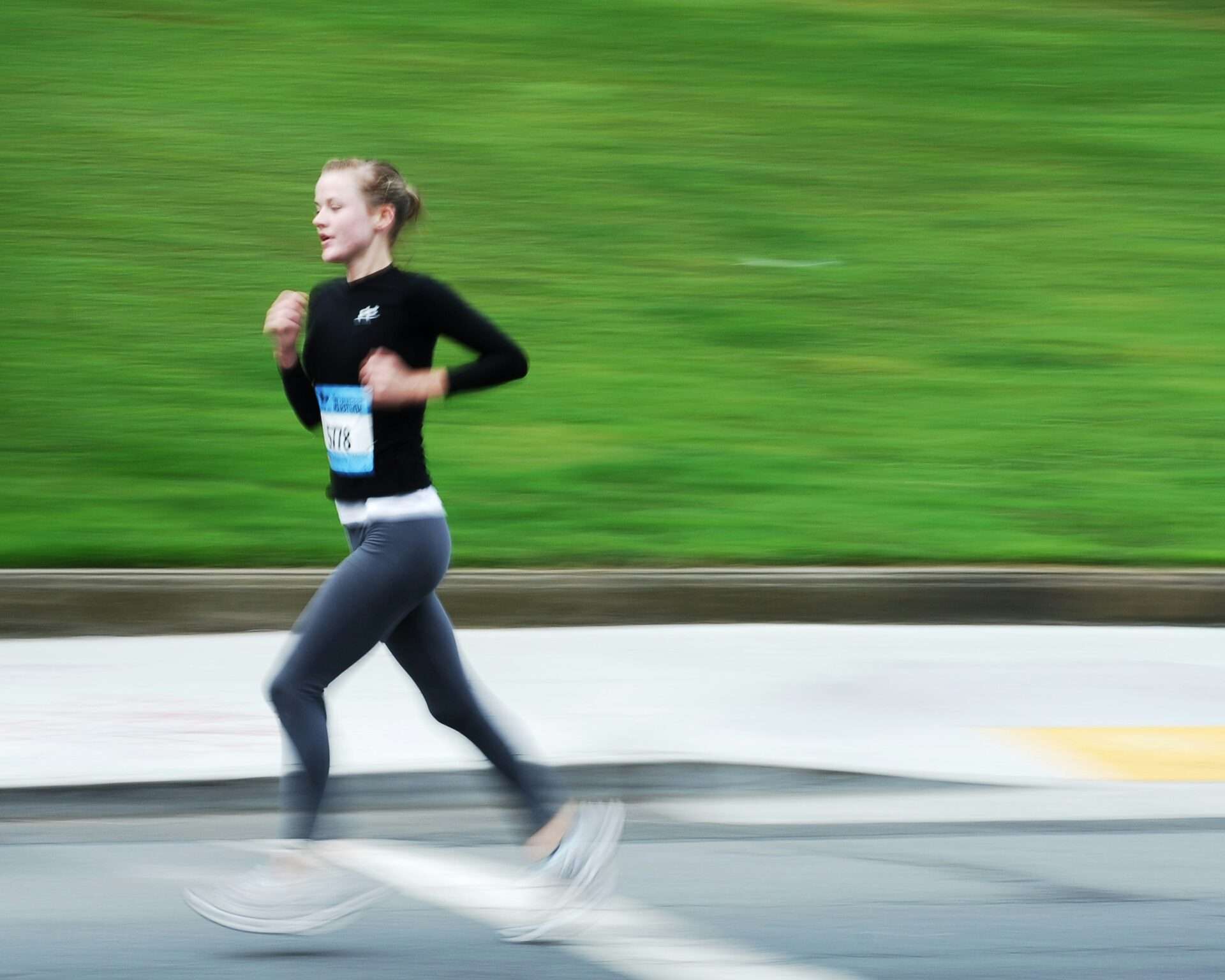Running: A Mental Clarity Powerhouse
Running transcends physical exercise—it’s a catalyst for sharper cognition, creativity, and emotional resilience. This article explores how rhythmic strides and the runner’s high rewire the brain, from stress reduction to memory enhancement, backed by neuroscience and real-world experiences.
Key Takeaways
- Endorphins and BDNF released during running elevate mood and cognitive function
- Regular runs lower cortisol levels, fostering mental focus and relaxation
- Physical activity sparks creativity by disrupting routine thought patterns
- Social runs build empathy while solo jogs offer meditative clarity
The Mind-Body Synergy of Running
Neurochemical Alchemy
Every stride triggers a biochemical cascade: oxygen-rich blood floods the brain, endorphins counteract stress, and BDNF (brain-derived neurotrophic factor) repairs neural pathways. This trifecta explains why post-run clarity feels like a “brain reboot.”
Morning Runs: Cognitive Priming
Pre-dawn jogs set a victorious tone for the day by combining quiet reflection with energizing movement. The dual effect of serotonin release and accomplishment creates mental momentum.
Running’s Science-Backed Brain Benefits
Memory Enhancement
- BDNF production increases hippocampal volume (memory center)
- 20-minute study-break runs improve information retention by 15-20%
Stress Dissolution
The rhythmic cadence of running induces a flow state, lowering cortisol 27% faster than passive relaxation. Trail running adds navigational challenges that sharpen decision-making.
Creative and Social Perks
Innovation on the Move
72% of runners report breakthrough ideas mid-run. The bilateral stimulation of alternating footsteps synchronizes brain hemispheres, fostering unconventional connections.
Group Dynamics
Running clubs merge endorphin-driven bonding with accountability. Shared pacing builds nonverbal empathy—a skill transferable to workplace collaboration.
Strategic Implementation
When to Run for Mental Gains
- Decision fatigue: Opt for 30-minute tempo runs
- Creative blocks: Try unstructured trail exploration
- Stress spikes: 15-minute sprint intervals
Conclusion
Running emerges as neuroscience’s ultimate biohack—a free, accessible tool for upgrading cognitive performance, emotional balance, and creative output. Whether chasing solitude or camaraderie, each mile deposits compound interest in your mental wellbeing.
FAQ
How soon do mental benefits appear?
Acute mood improvement occurs immediately; structural brain changes manifest in 6-8 weeks of consistent running.
Ideal duration for cognitive effects?
20-45 minute sessions at 60-75% max heart rate optimize benefits without mental fatigue.



